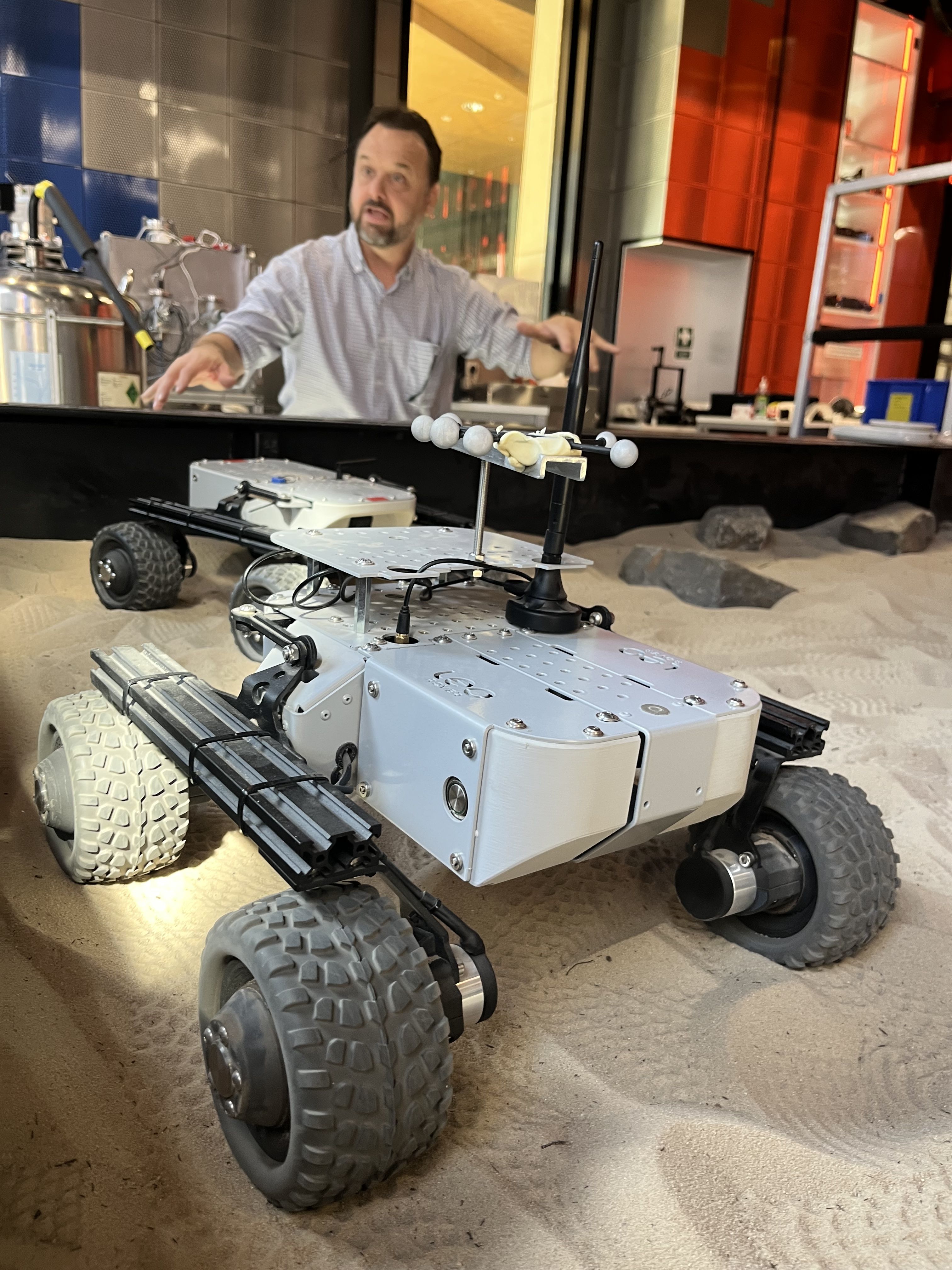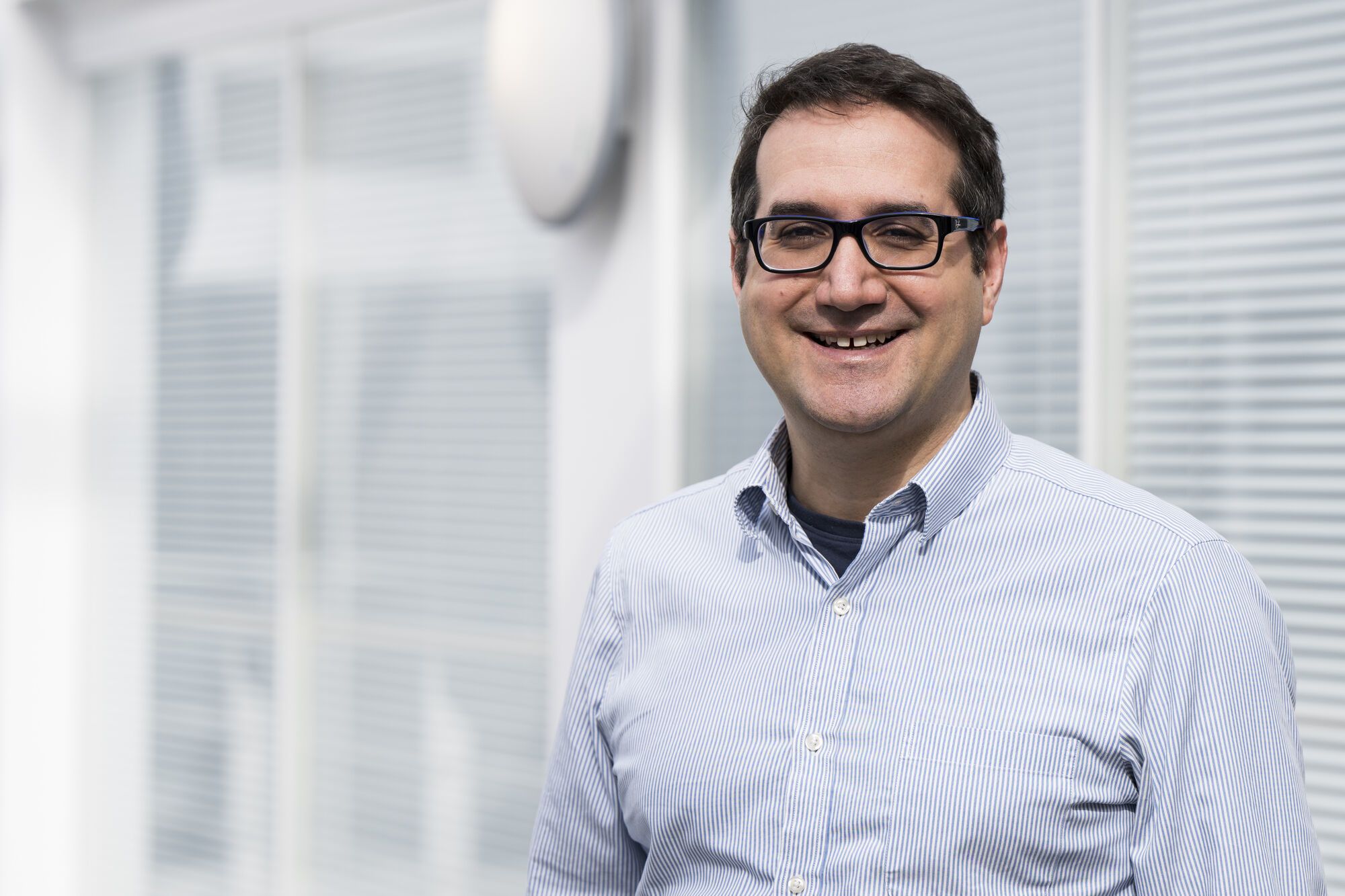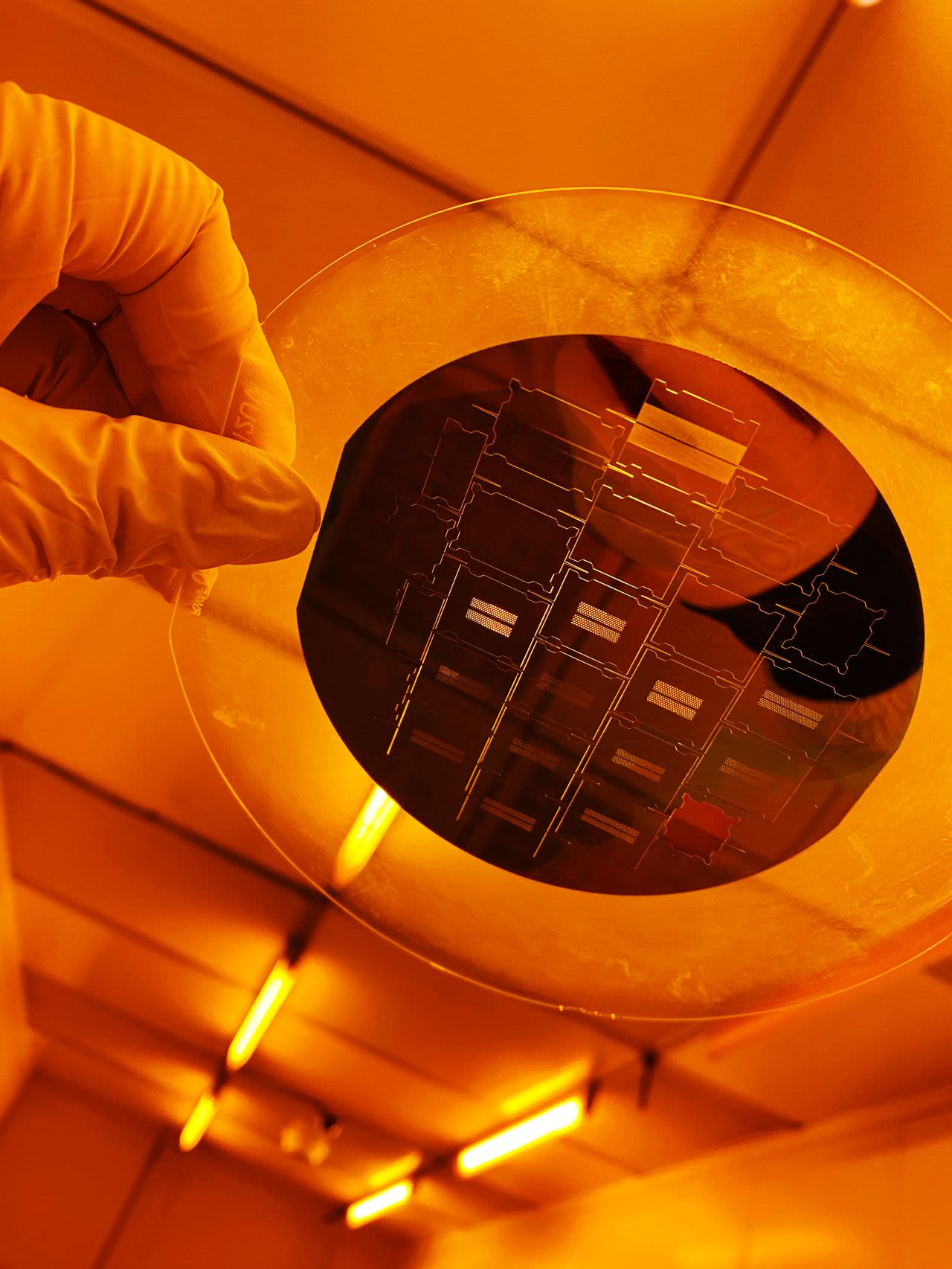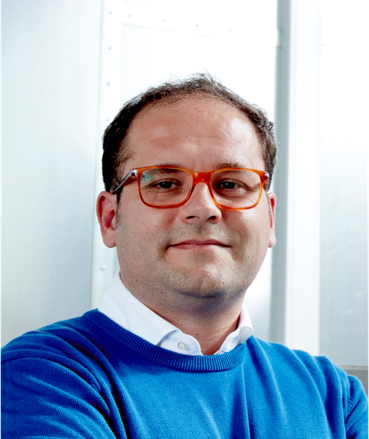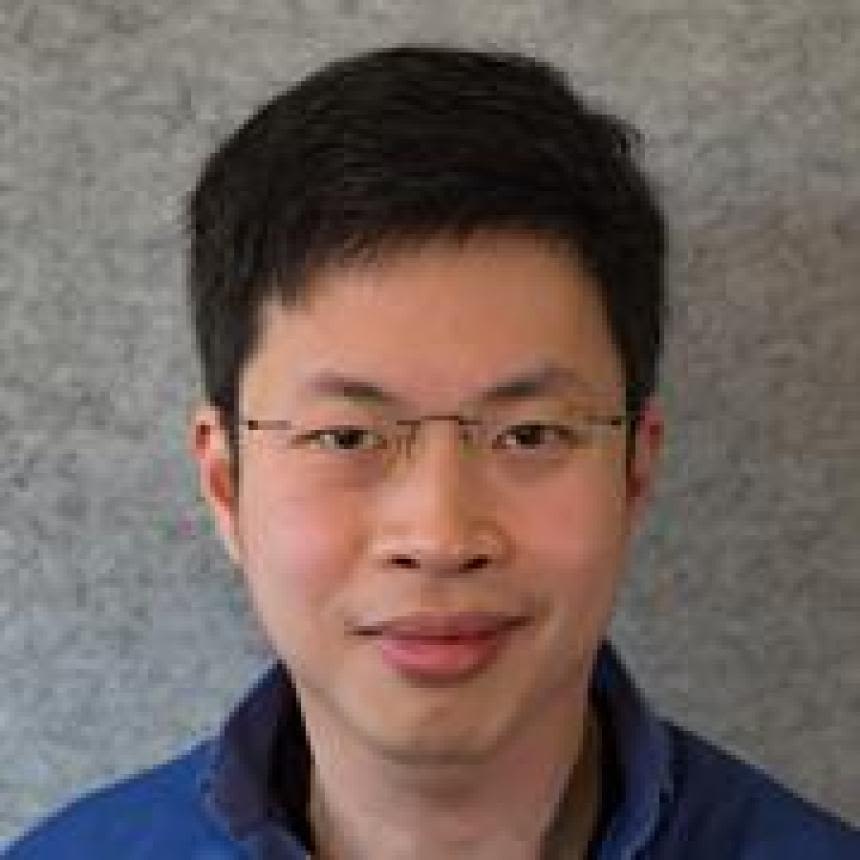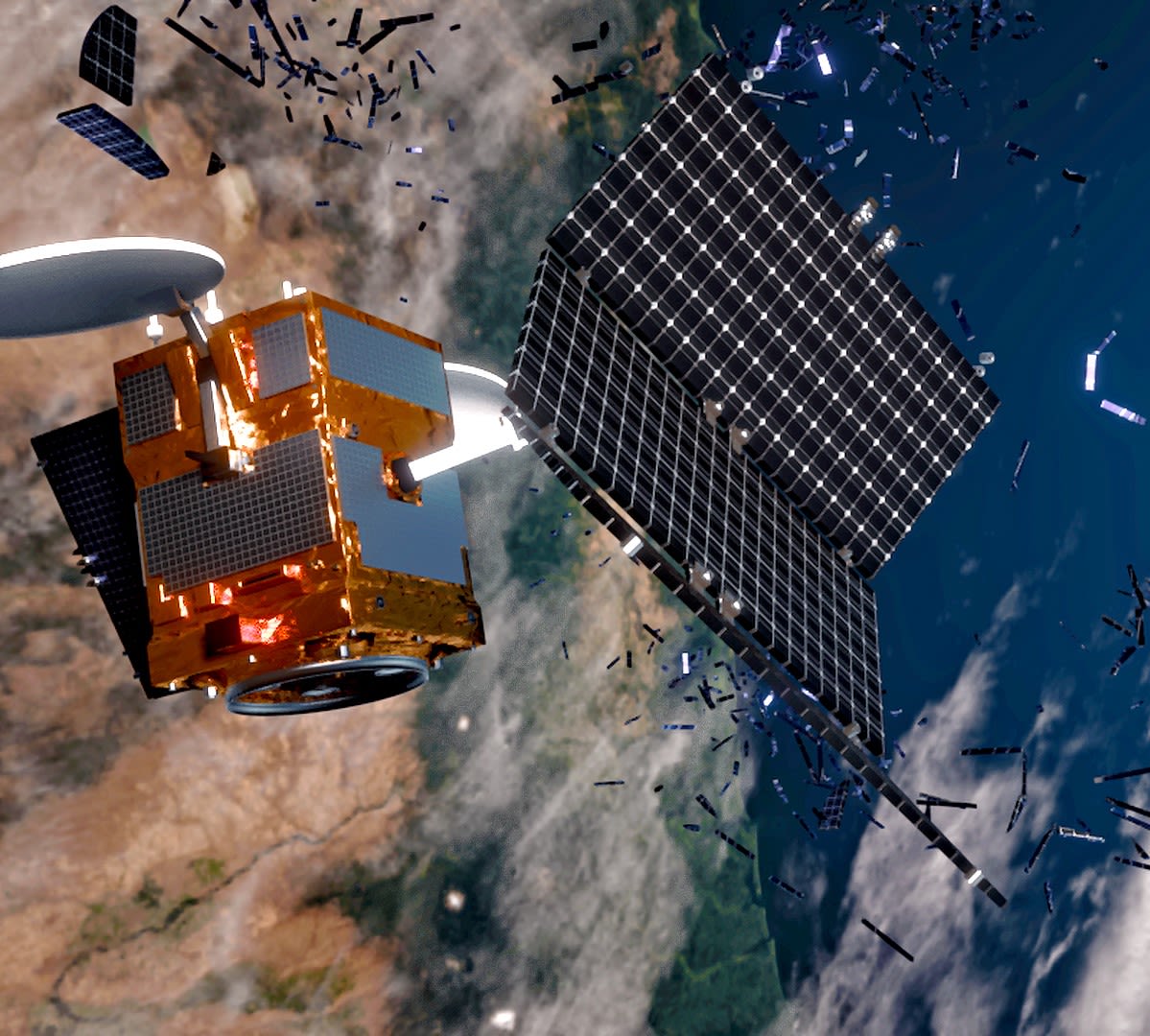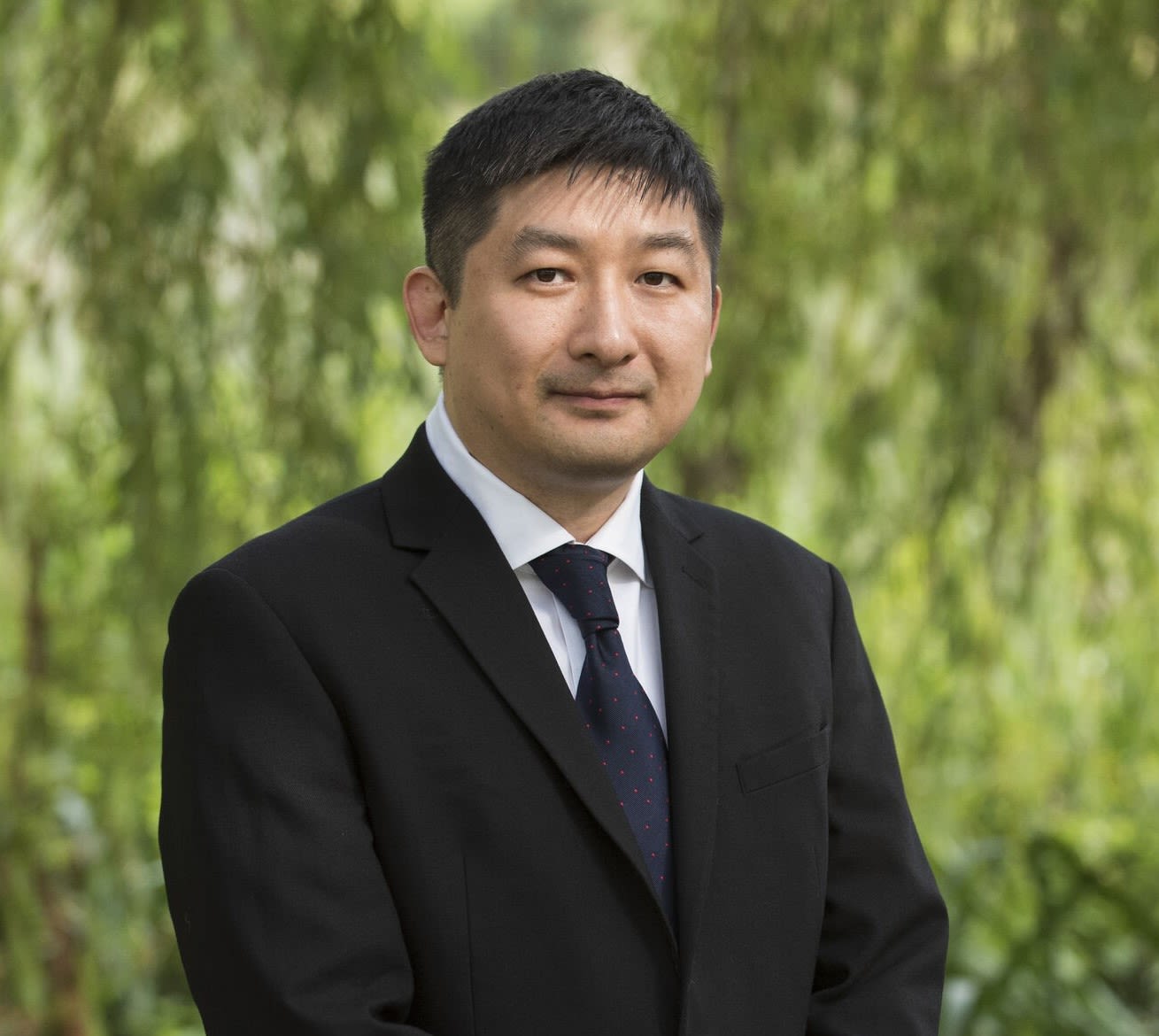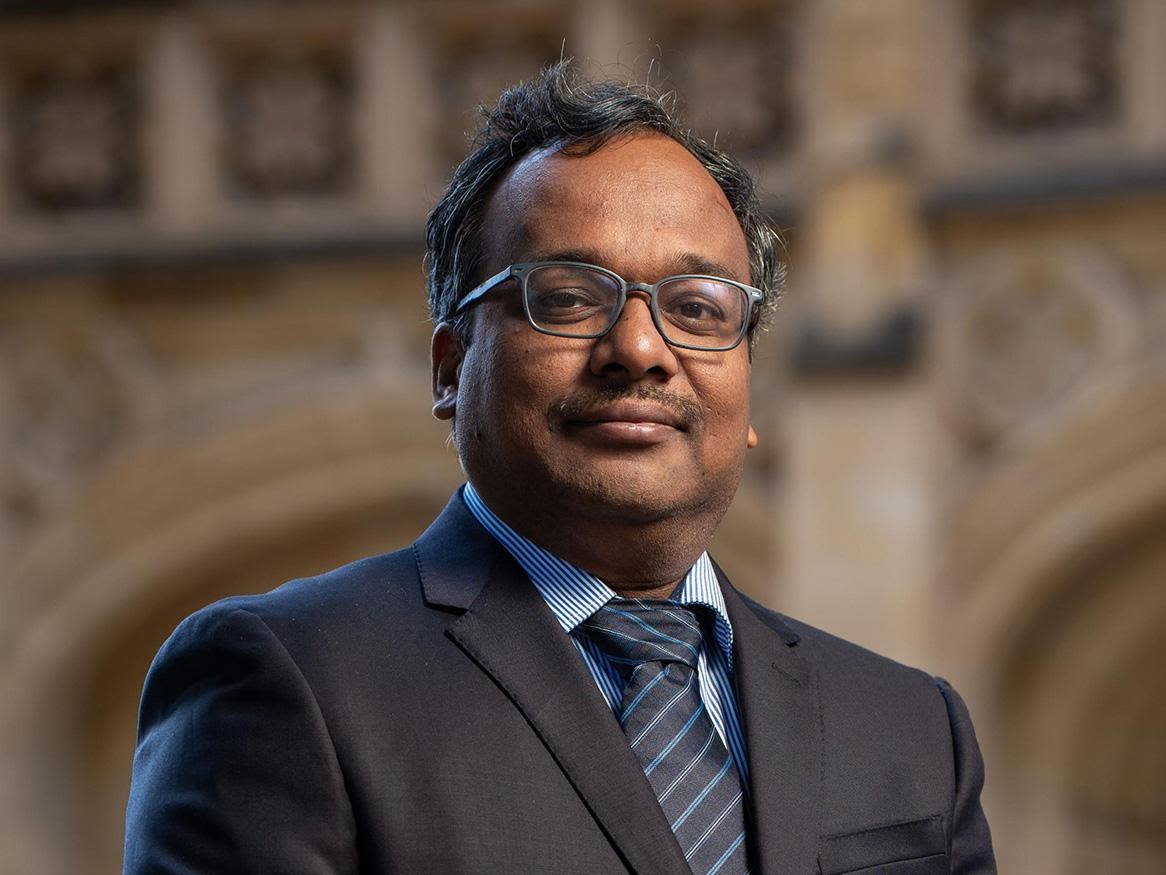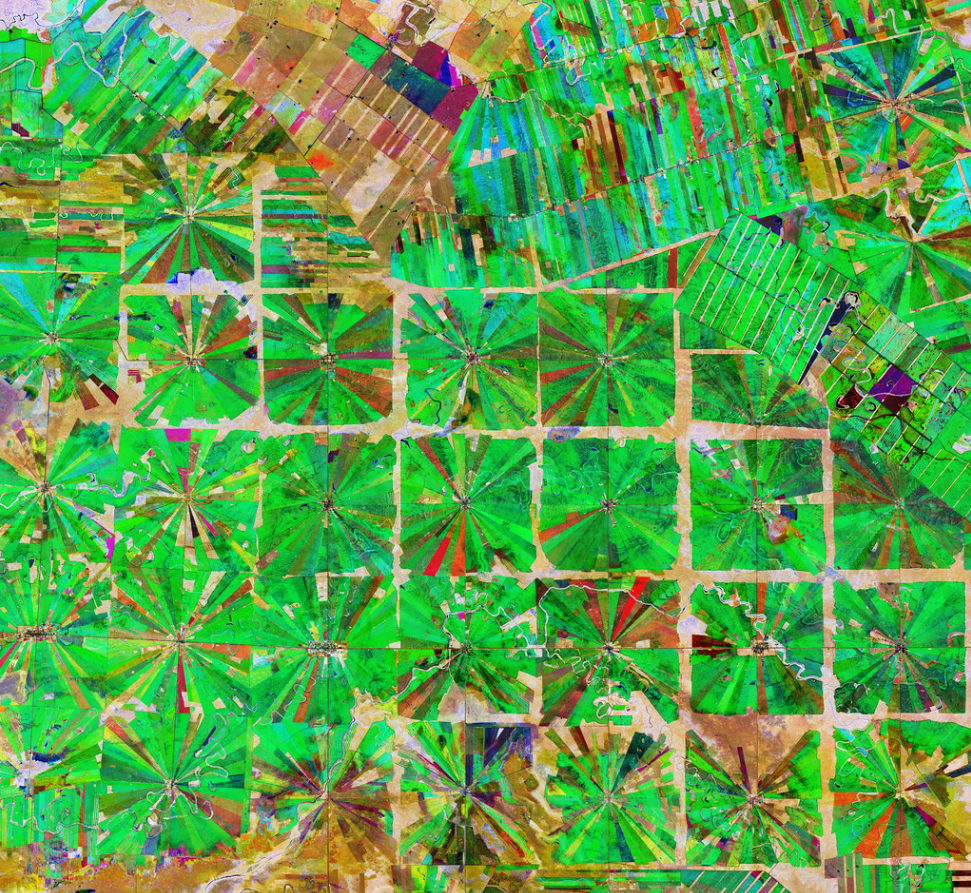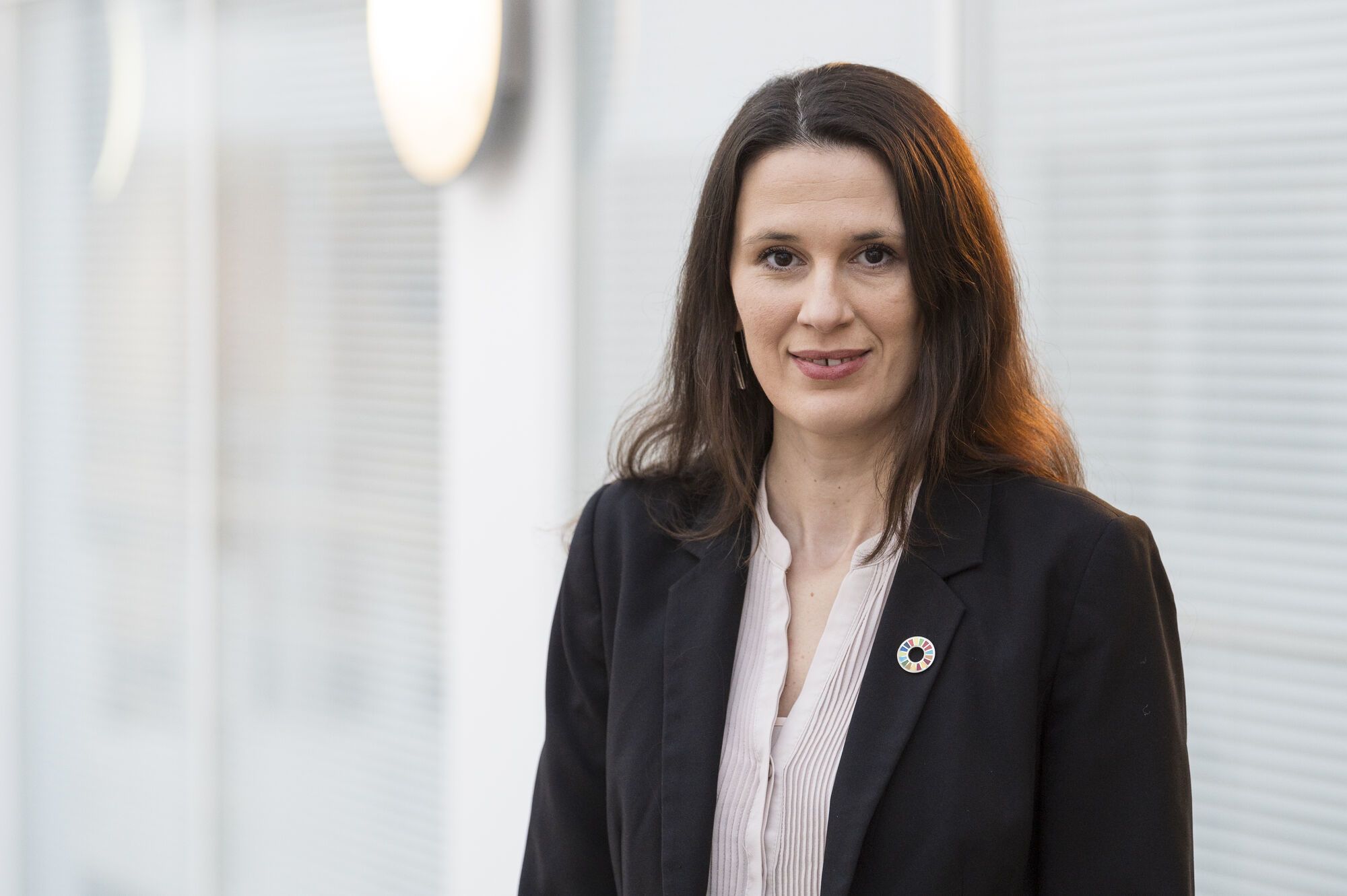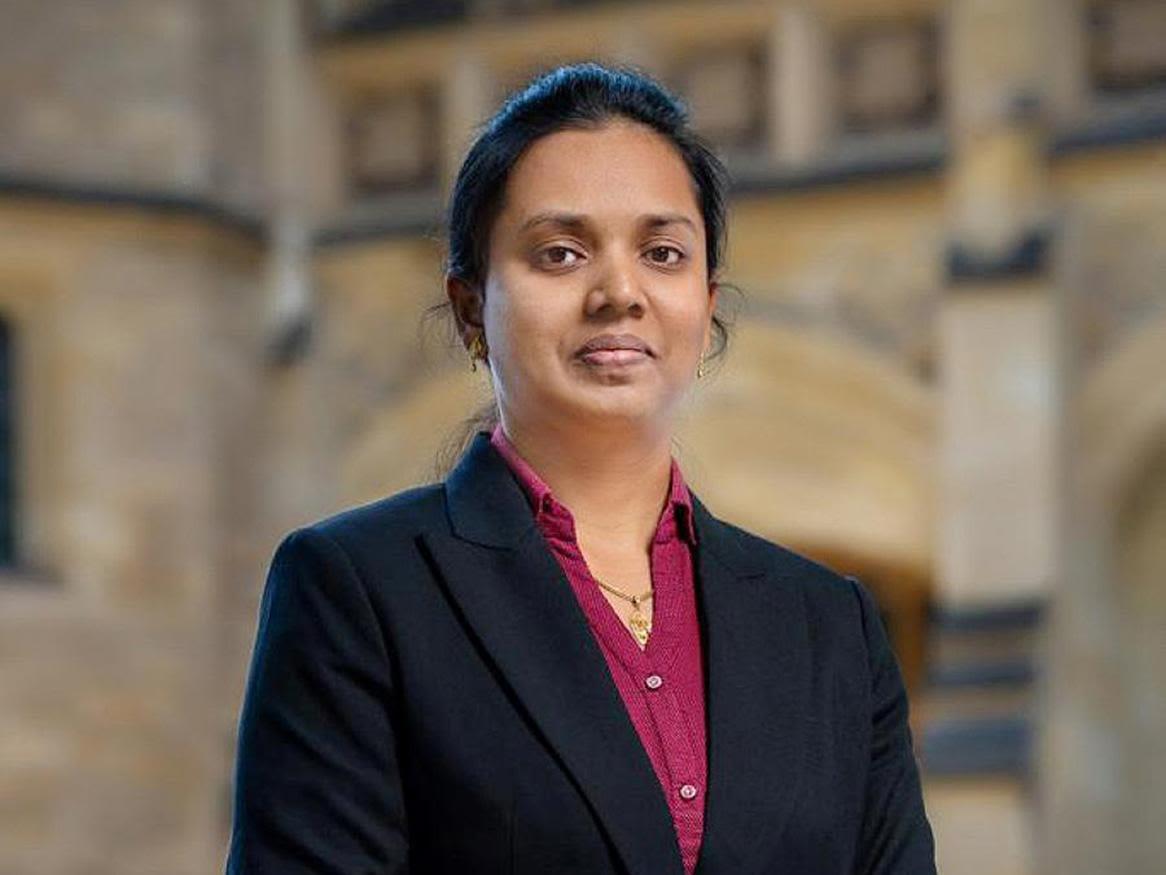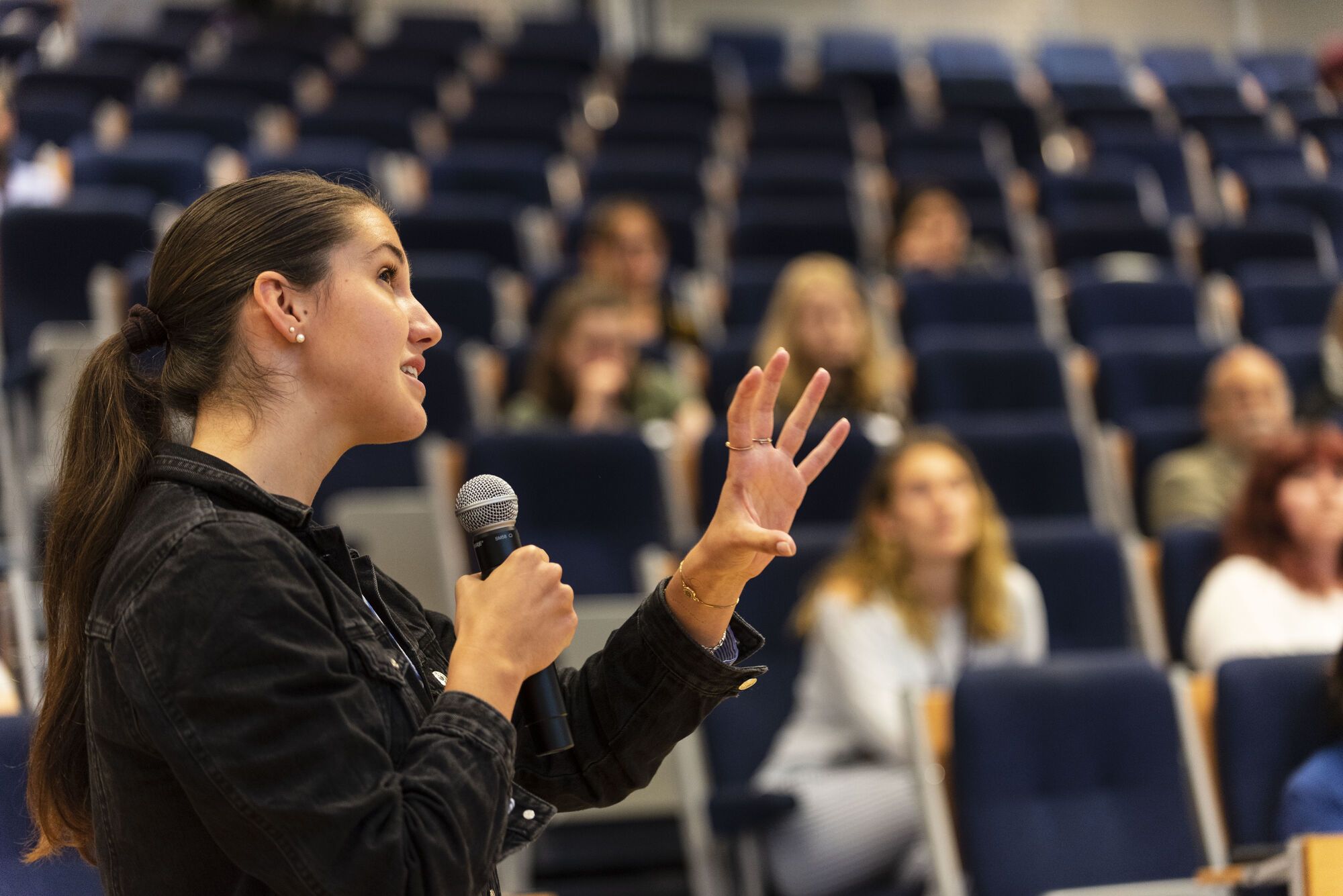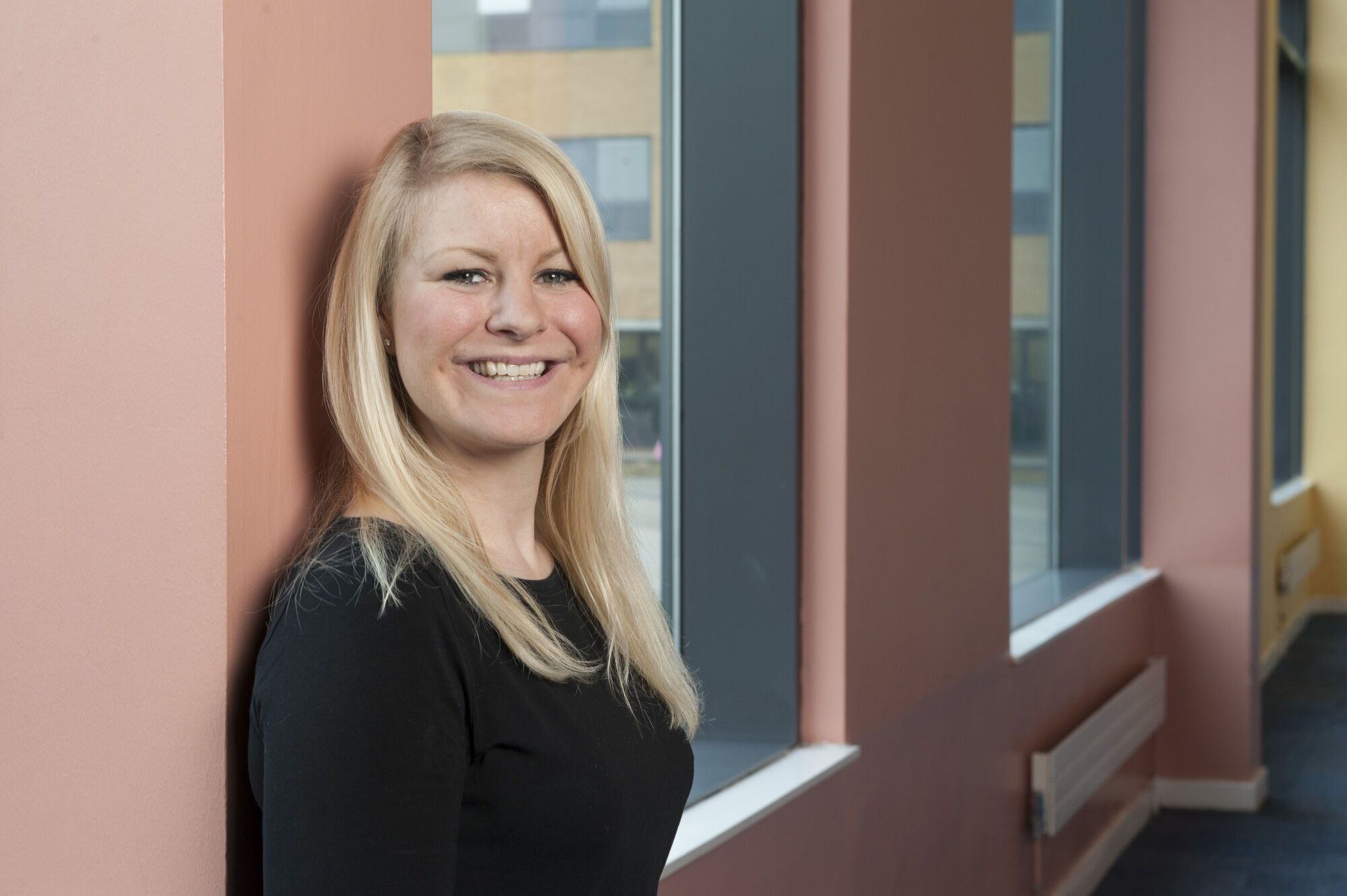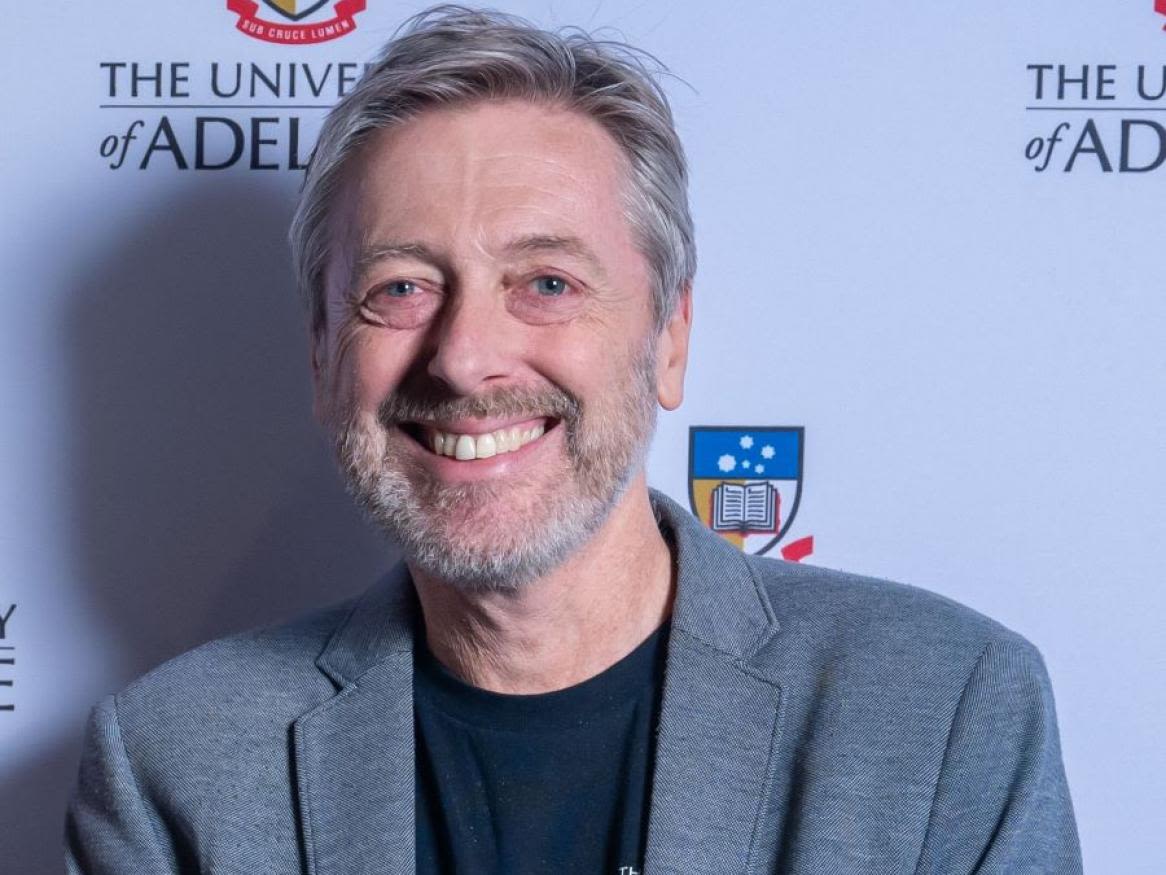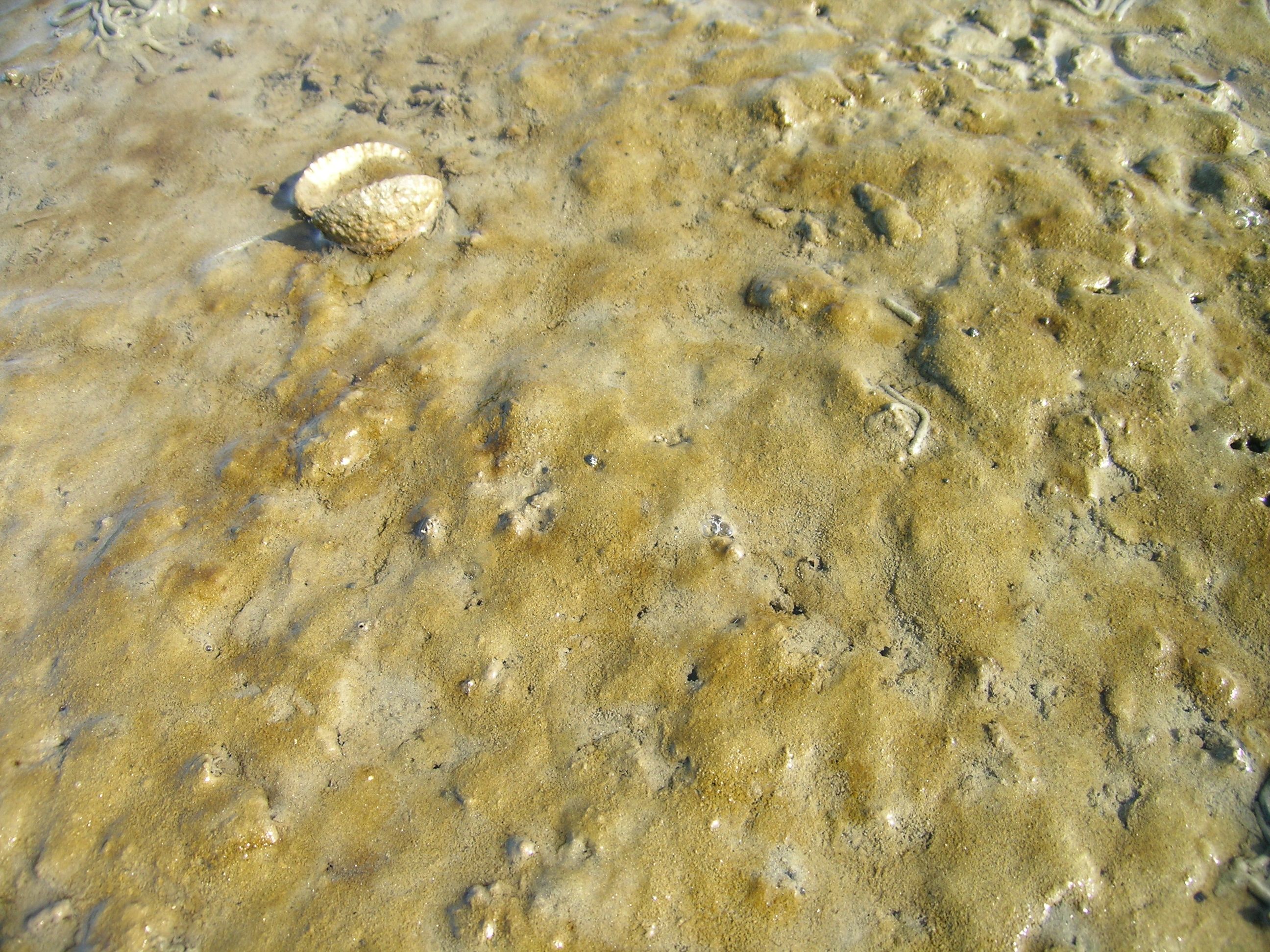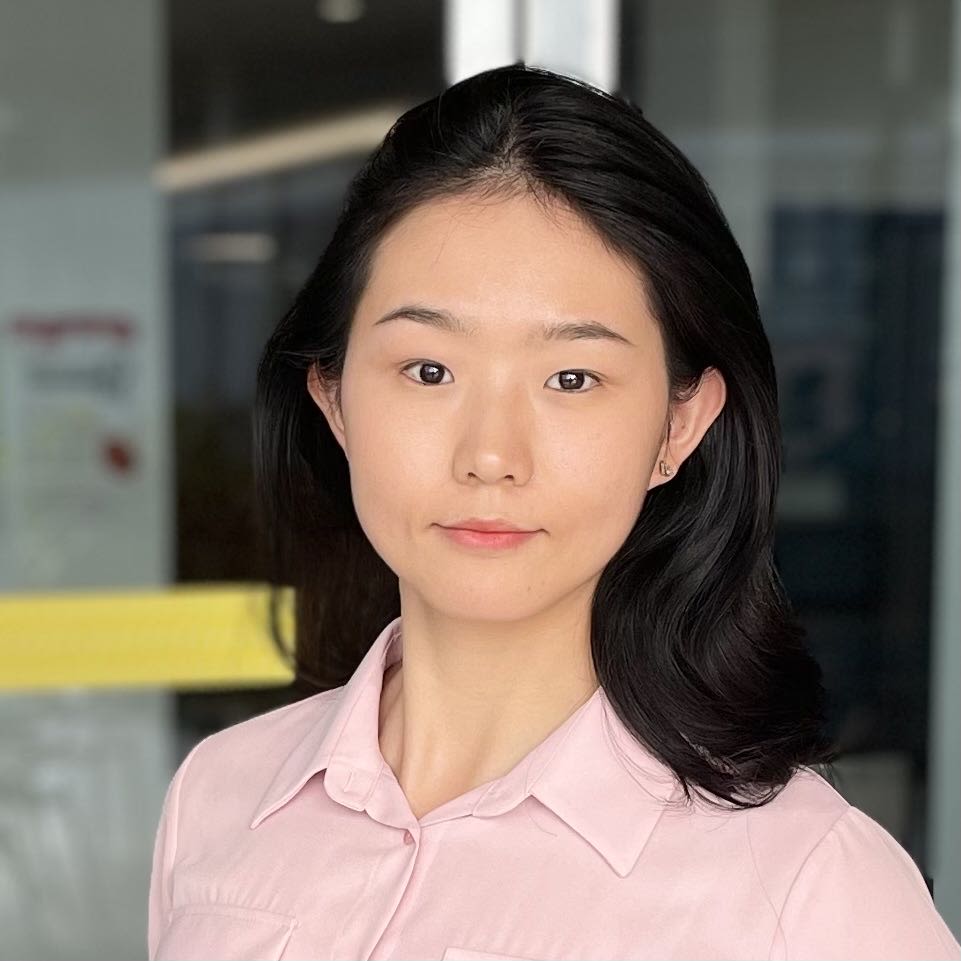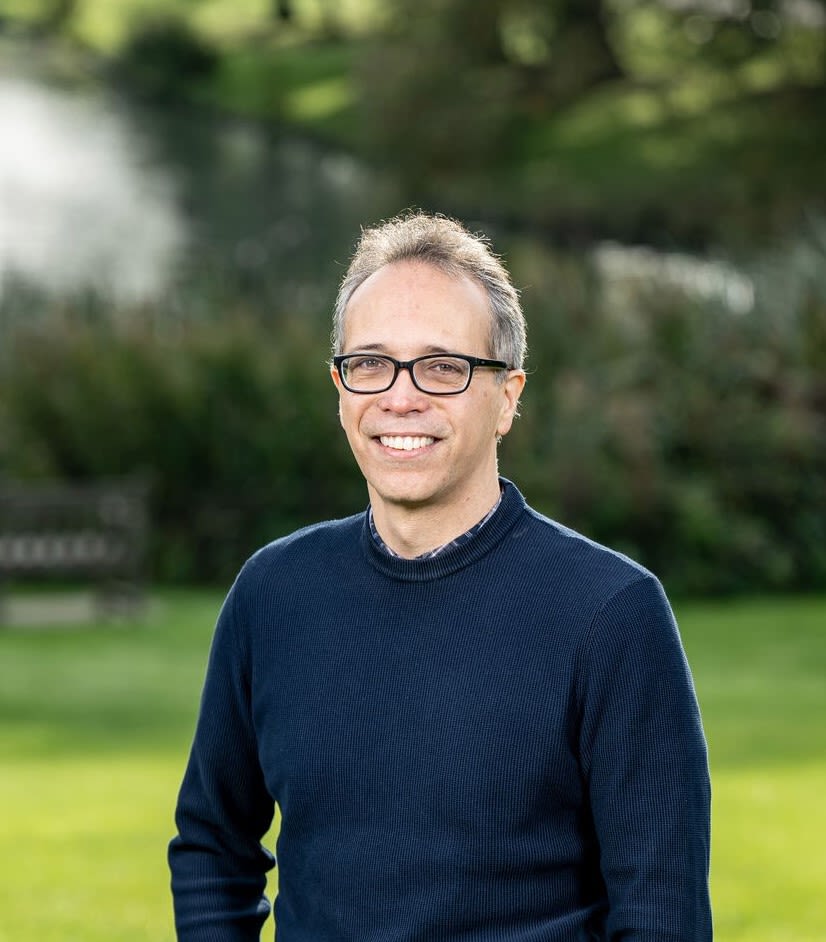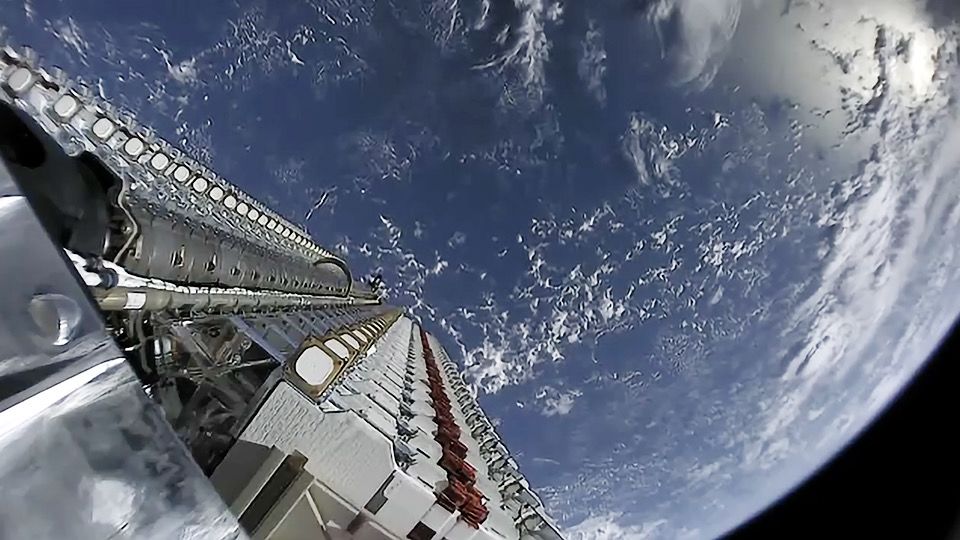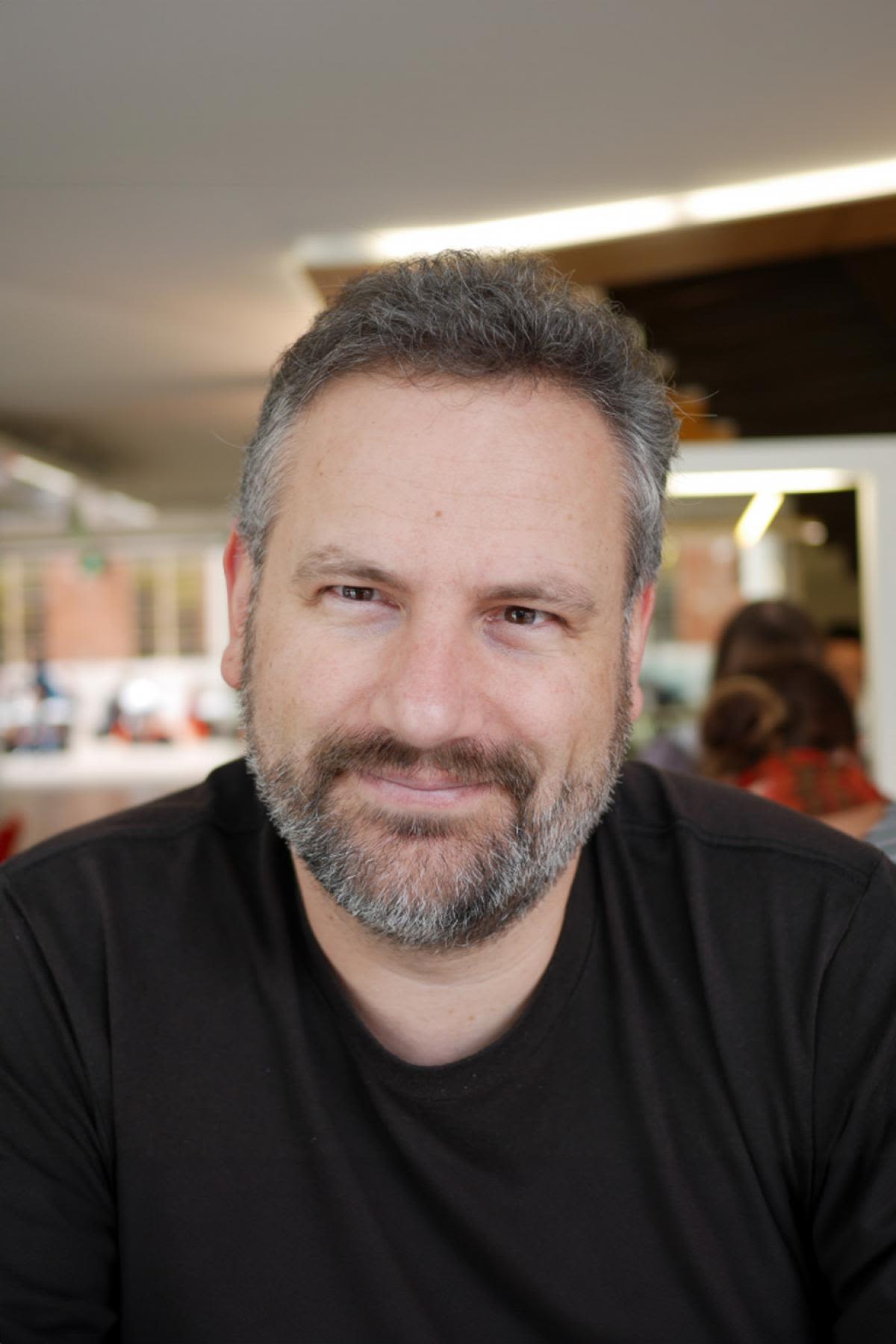Surrey-Adelaide Partnership Fund 2025
Eight new research and education projects have been awarded seed funding for 2025 under the auspices of the Strategic Partnership launched between the University of Surrey and the University of Adelaide.
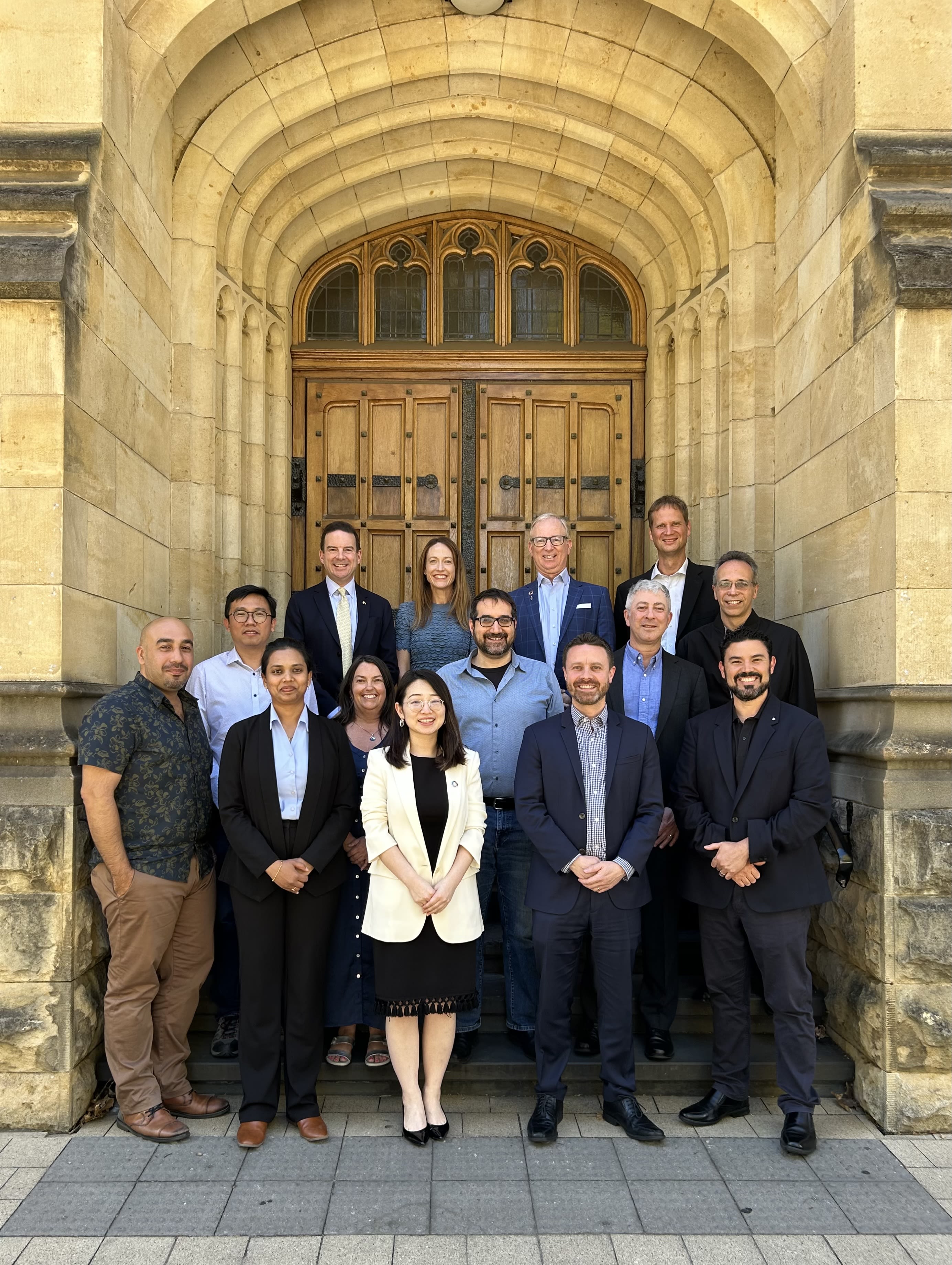
Funding has been awarded to eight innovative and interdisciplinary projects in the first round of the Surrey-Adelaide Partnership Fund. Supporting the Strategic Partnership themes of Space, AI, Cyber and Sustainability, the successful projects will bring together researchers from the University of Surrey and the University of Adelaide to develop impactful solutions to global communications, health and environmental challenges.
Integrating leading research capabilities at both institutions, the awards will not only support new collaborations and talent but will also scale and strengthen existing research teams to accelerate innovations for real-world impact and application.
Projects will explore diverse topics across research and education, advancing technologies for space-based communications; designing a circular economy roadmap to reduce space waste; developing novel ML and cyber techniques to monitor biodiversity, and exploring AI applications in medical imaging to improve endometriosis care. Joint education initiatives will include the development of micro-credentials for space education and a project supporting students in using generative AI responsibly.
Surrey-Adelaide Partnership projects 2025-2026
Joint space micro-credentials series
This project will design online taster courses in the field of space science, developing the first Adelaide-Surrey portfolio of co-branded and digitally-badged micro-credentials and promoting new pathways and global access to space education. Starting with a course on fundamental space concepts, the collaboration will also explore potential topics like off-Earth construction, on-orbit servicing, asteroid mining, space law and Earth Observation.
Principle investigators
Prof. Adam Amara, School of Mathematics and Physics, University of Surrey
Prof. Adam Amara, School of Mathematics and Physics, University of Surrey
Mark Charnley, Professional and Continuing Education (PACE), University of Adelaide
Mark Charnley, Professional and Continuing Education (PACE), University of Adelaide
Terahertz technology for space communications
Harnessing the emerging opportunities of terahertz technology for inter-satellite communications, this project will bring together Adelaide's expertise in electromagnetic devices with Surrey's capabilities in communications theory for space applications to address existing engineering challenges and accelerate the development of point-to-point wireless communications at terabit-per-second speed.
Principle investigators
Prof. Gabriele Gradoni, Institute for Communication Systems, University of Surrey
Prof. Gabriele Gradoni, Institute for Communication Systems, University of Surrey
Prof. Withawat Withayachumnankul, Terahertz Engineering Laboratory, University of Adelaide
Prof. Withawat Withayachumnankul, Terahertz Engineering Laboratory, University of Adelaide
Circular economy solutions for the space sector
Developing a roadmap for sustainability and circular economy principles in the space sector, this project aims to provide solutions for resource efficiency and waste reduction in global space missions. Bringing together expertise in engineering, sustainability and supply chain management, the project will contribute to responsible space operations and sustainable space technologies.
Principal investigators
Prof. Jin Xuan, School of Chemistry and Chemical Engineering, University of Surrey
Prof. Jin Xuan, School of Chemistry and Chemical Engineering, University of Surrey
Prof Kannan Govindan, Centre for Sustainable Operations and Resilient Supply Chains, University of Adelaide
Prof Kannan Govindan, Centre for Sustainable Operations and Resilient Supply Chains, University of Adelaide
Earth observation for sustainable supply chains
This project will leverage Earth Observation (EO) and Machine Learning (ML) to develop an open-access platform for real-time monitoring of environmental risks in global supply chains. Analysing high-resolution satellite data, the project will map climate risks and disruptions like deforestation, greenhouse gas emissions and resource depletion to inform global supply chain resilience and mitigate the environmental impact of industry sectors such as agriculture, forestry and mining.
Principal investigators
Dr Ana Andries, Centre for Environment and Sustainability, University of Surrey
Dr Ana Andries, Centre for Environment and Sustainability, University of Surrey
Dr Devika Kannan, Centre for Sustainable Operations and Resilient Supply Chains, University of Adelaide
Dr Devika Kannan, Centre for Sustainable Operations and Resilient Supply Chains, University of Adelaide
Promoting authentic authorship and academic integrity with artificial intelligence
Bringing together expertise in pedagogy, education, computer science and psychology, this project aims to promote the responsible use of generative AI among students and provide a novel approach to addressing the "AI cheating" problem. Utilising Auth+, an innovative artificial intelligence tool, the project will test an AI-based, personalised quiz to engage students in detecting authorship of their own written material and support them in developing a better understanding of academic integrity and authentic authorship.
Principal investigators
Dr Alexandra Grandison, School of Psychology, University of Surrey
Dr Alexandra Grandison, School of Psychology, University of Surrey
Prof. Edward Palmer, School of Education, University of Adelaide
Prof. Edward Palmer, School of Education, University of Adelaide
Federated self-supervised learning framework for Diatom classification
Marine diatoms are photosynthesising algae providing vital indicators of water quality and marine ecosystem health. This project addresses the challenges of data sharing of marine samples for research and environmental monitoring by combining novel machine learning and cyber security techniques. Through self-supervised pre-training on decentralised datasets, institutions will be able to extract rich representations from raw images and unlabeled data without the need to share sensitive information.
Principal investigators
Dr Wang Xilu, Computer Science Research Centre, University of Surrey
Dr Wang Xilu, Computer Science Research Centre, University of Surrey
Dr Song Yiliao (Lia), School of Computer and Mathematical Sciences, University of Adelaide
Dr Song Yiliao (Lia), School of Computer and Mathematical Sciences, University of Adelaide
Advancing AI-driven diagnostic tools for Endometriosis
Building on the international success of the IMAGENDO® initiative to improve diagnostic care of endometriosis by integrating AI-driven models with medical imaging, this project will scale the existing partnership to develop a reliable, non-invasive and cost-effective diagnostic tool for application in clinical practice. The project will focus on refining and validating the AI algorithm, expanding the dataset and establish new clinical partnerships to advance the global impact of AI-driven women's healthcare.
Principal investigators
Prof. Gustavo Carneiro, Centre for Vision, Speech and Signal Processing (CVSSP), University of Surrey
Prof. Gustavo Carneiro, Centre for Vision, Speech and Signal Processing (CVSSP), University of Surrey
Dr Yuan Zhang, Robinson Research Institute, Adelaide Medical School, University of Adelaide
Dr Yuan Zhang, Robinson Research Institute, Adelaide Medical School, University of Adelaide
Assessing the communications performance of massive satellite systems
Combining expertise on space-based communications and cybersecurity, this project will advance global research on Low Earth Orbit (LEO) satellite networks by deploying the first Australian node of LEOScope, a global testbed for measuring satellite internet performance. With growing concern over the resilience of undersea fibre-optic cables, the project will provide critical insights into the role of satellite networks in ensuring global connectivity, cybersecurity, and coverage in remote regions.
Principal investigators
Prof. Nishant Sastry, Computer Science Research Centre, University of Surrey
Prof. Nishant Sastry, Computer Science Research Centre, University of Surrey
Prof. Matthew Roughan, School of Computer and Mathematical Sciences, University of Adelaide
Prof. Matthew Roughan, School of Computer and Mathematical Sciences, University of Adelaide
